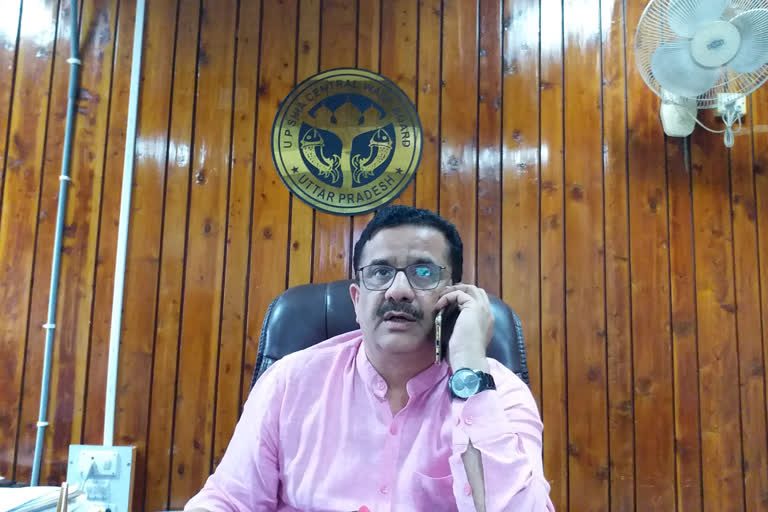Lucknow (Uttar Pradesh): Former chairman of the Shia Wakf Board Syed Waseem Rizvi, who remains in the headlines for his derogatory remarks against Islam and the Prophet Muhammad (PBUH), converted to Hinduism at Dasna temple in Ghaziabad on Monday, his spokesperson Prem Shankar informed the media.
Earlier this month in a video message, Rizvi has expressed his desire to be cremated according to Hindu rituals and not to be buried. He also said that his body must be handed over to his Hindu friend, Mahant Narasimha Nanda Saraswati of the Dasna temple, and he should light his pyre.
Rizvi had attracted the ire of Muslims after he filed a Public Interest Litigation (PIL) seeking the removal of 26 verses from the Quran.
READ: Waseem Rizvi creates ‘new Quran’, appeals PM to make it part of Islamic education
According to the PIL filed by Rizvi, these 26 verses were inserted by the first three caliphs, Hazrat Abu Bakr, Hazrat Umar and Hazrat Usman, and used by terrorists to promote jihad.
Later, he claimed that he has created a 'new Quran' by removing 26 verses that are allegedly violating the law of the land and promoting extremism.
Rizvi also said that he has sent a model of the 'new Quran' to Prime Minister Narendra Modi for reference.
In a letter addressing PM Modi, he urged to authorise the use of his ‘new Quran’ in all madrasas and Muslim institutes across the country.
In September last year, he had written to Prime Minister, urging him to scrap the Places of Worship (Special Provisions) Act, 1991, brought by the then Congress government, and rebuild the temples, which were demolished by the Mughal emperors during their rule.
READ: Wasim Rizvi wants to be cremated, not buried
Similarly, when the Bhartiya Janata Party came to power in Uttar Pradesh, Rizvi had remarked that nine mosques and the disputed Babri Masjid land-which was later handed over to Hindus in an SC judgement, should be handed over to Hindus.
He had also demanded that the government stop Islamic studies in the madrassas across the country terming it as a reason for the growth of terrorism in the country.



